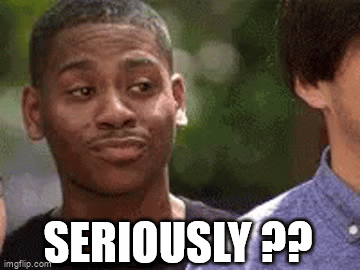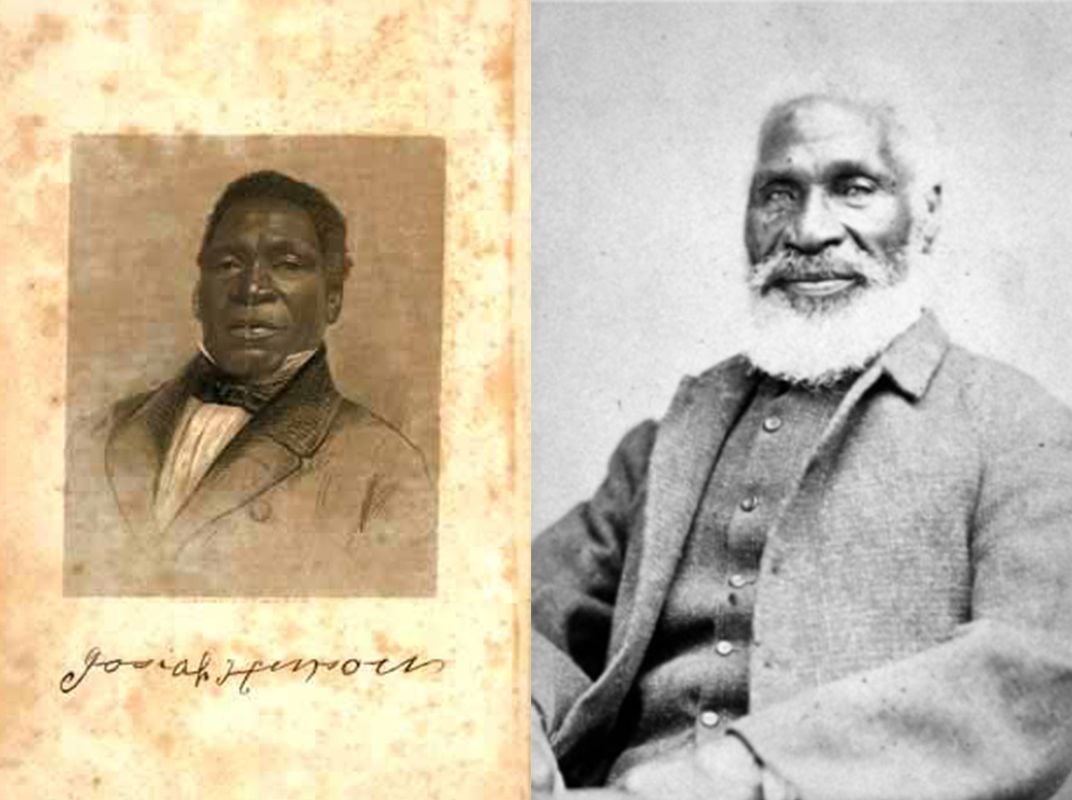tahuyaman
Platinum Member
- Aug 21, 2012
- 7,237
- 4,146
- 928
Well, at least she didn’t go fishing with a rich friend. Of course to the liberals, there’s nothing to see here.
https://thehill.com/regulation/court...ks-report/amp/
Liberal Supreme Court Justice Sonia Sotomayor’s staff pushed colleges and a library to purchase copies of her book when she traveled there for speaking engagements, according to an investigation from The Associated Press.
https://thehill.com/regulation/court...ks-report/amp/
Liberal Supreme Court Justice Sonia Sotomayor’s staff pushed colleges and a library to purchase copies of her book when she traveled there for speaking engagements, according to an investigation from The Associated Press.




:max_bytes(150000):strip_icc()/Harriet-Beecher-Stowe-engr-2230-3x2gty-597f91e1845b3400115d9b88.jpg)